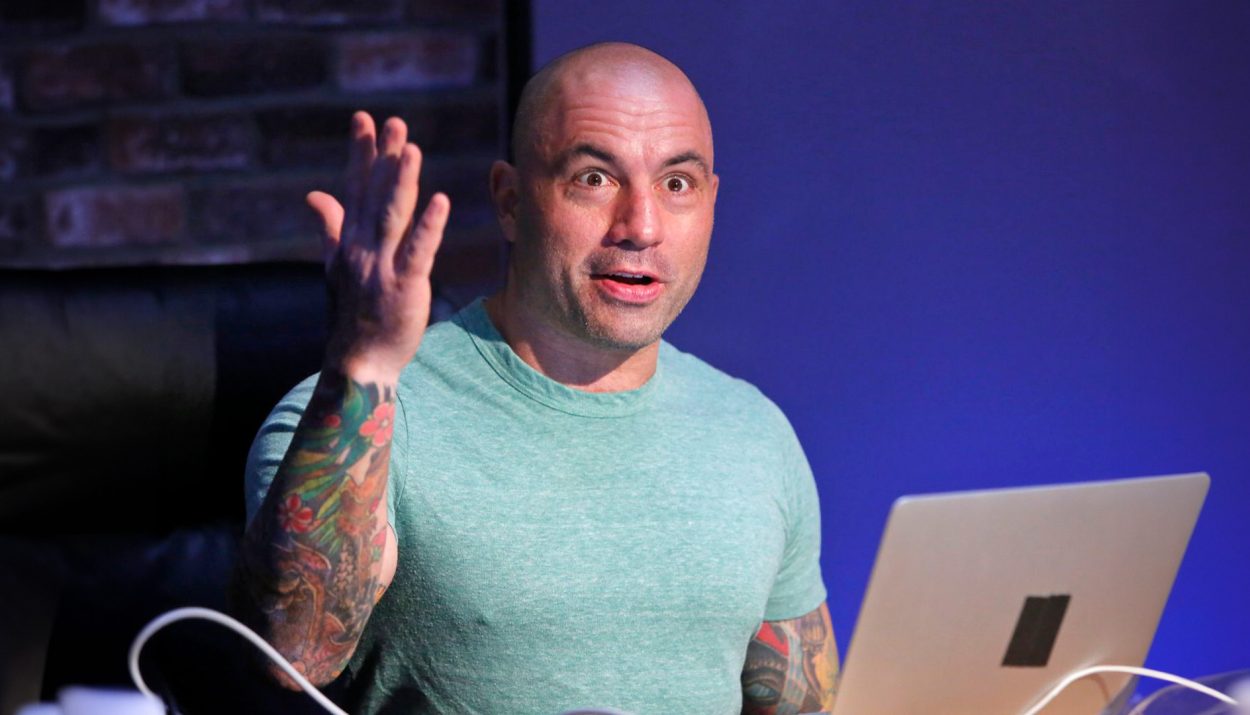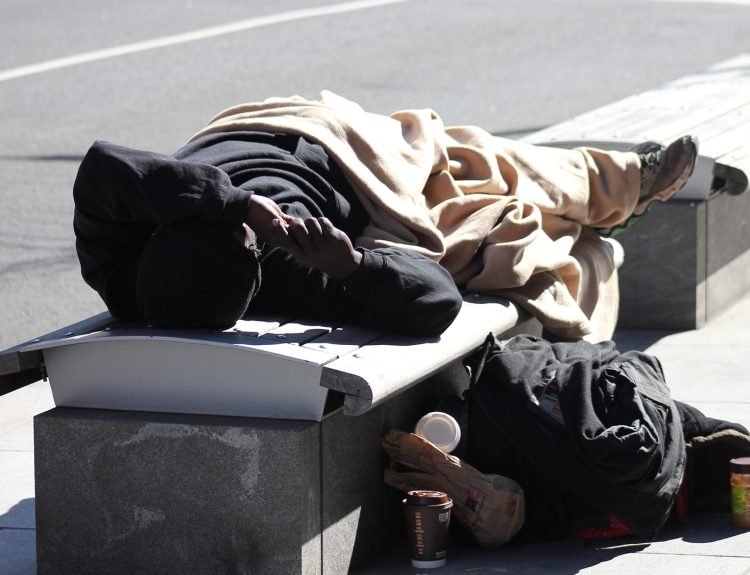Squatters are the bane of any homeowner’s existence. New York City allows squatters to occupy a property after only thirty days of occupation, and Joe Rogan is unhappy about this. The podcaster recently opened up about NYC’s squatter policy. Let’s see what he had to say about squatters’ rights.
Basically Allowing People to Steal Others’ Homes
In New York City, if someone occupies a property for more than thirty days, no one can remove them, including the people who own the property. Sounds sort of unfair to Rogan.

The podcaster highlighted that allowing people to do this basically allowed a person to steal another person’s home. He criticized the city’s leniency to squatters.
Don’t Leave On Extended Vacation
Some commentators noted that if you were to leave your home unattended for an extended vacation somewhere, there is a good chance that you’d come back and not have a home.

It’s so bad that most people who live in the city don’t want to own property because it would require them to check to ensure that no one was squatting there constantly.
Not Just New York City
The podcast discussion highlighted NYC, but it wasn’t the only place with a huge squatter problem that politicians propped up and supported. There were other cities facing similar issues.

Rogan also touched on Atlanta, where over 1,000 homes have been so far co-opted by squatters, with the legal owners of the property having little recourse.
Criticizing Politicians and Their Loopholes
Rogan was highly critical of “woke” politicians who develop these laws, telling them that once they put a loophole in a piece of legislation, people will exploit it.
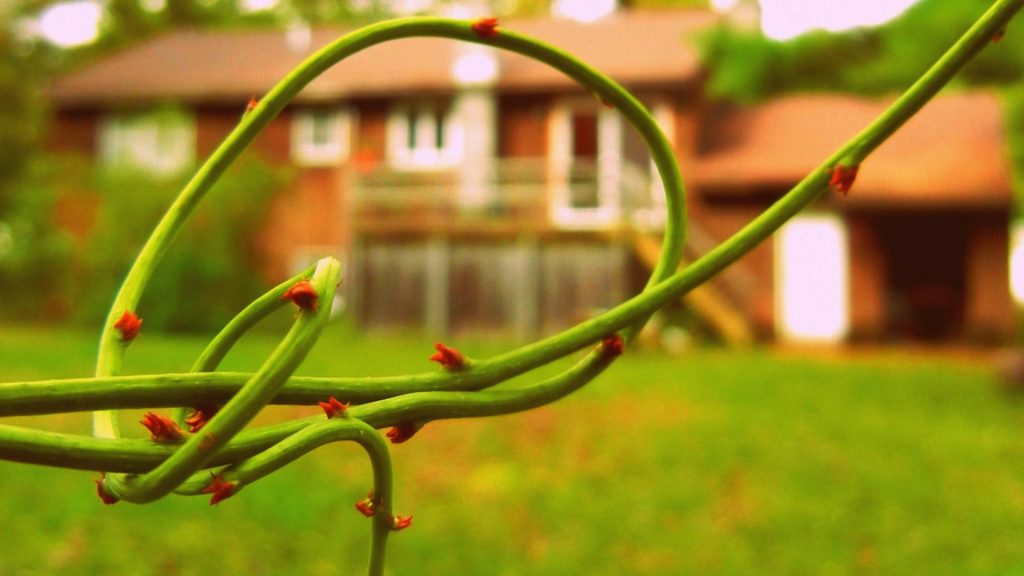
He called on these politicians to do the right thing and understand what those loopholes that were being used were so they could tighten up the laws to make them less punishing for property owners.
NYC Is Different From New York State
In the state of New York, someone has to have been squatting on a property for over ten years before they can claim the rights. That seems reasonable since the owner would have to abandon the property for a decade.

In NYC, no one can move you if you occupy a property for thirty days. There’s a distinct reason why NYC has a different limit on occupation than the rest of the state.
A Law Forged to Protect Tenants
When NYC developed this law, it sought to ensure that landlords couldn’t forcibly evict long-term tenants from apartments or houses they had lived in for an extended period.
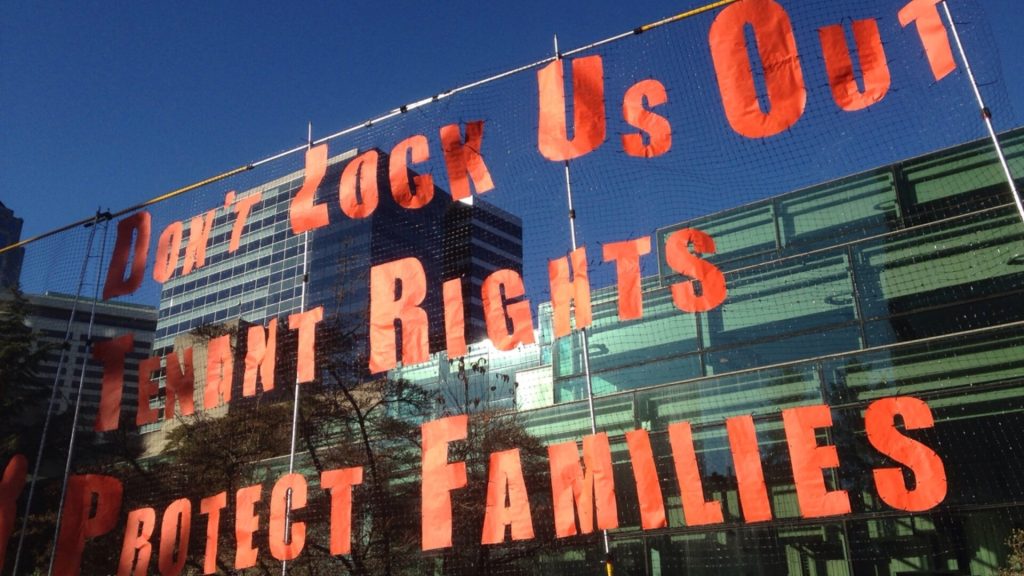
The law intended to balance property rights with the looming shadow of urban decay, hoping to offer a solution that was agreeable to both property owners and tenants for protecting their rights.
Criminals Will Manipulate the System
As with most laws, there’s always an unintended consequence, and in this case, many people realized that if they could occupy a property for more than a month, they could live there forever.

Rogan and one of his guests, Ian Fidance, lamented the sad state of affairs that had arisen because of how the law was constructed. The solutions that property owners have are quite limited.
Extortion By Any Other Name
In many cases, for property owners to recover their property, they must pay the tenants to vacate it. It’s a lose-lose situation for an owner because another squatter could easily take over the spot.

Rogan referred to it as extortion, and he’s right. It’s a way for some people to not only make money from landlords but to live rent-free somewhere for an extended period.
New York City Rents are Expensive
While some people who abuse the system need a place to stay, others are opportunists who exploit the system to live in a city renowned for high rental values.
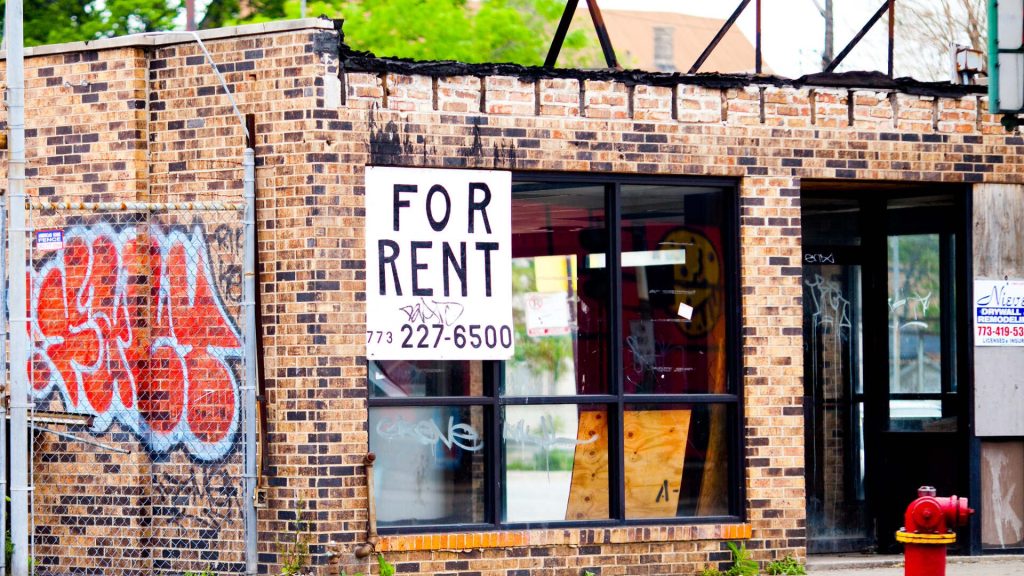
The median rent in NYC is $3,100, and more than half of the properties in NYC are rented and not owned. Most properties within the city are worth around $500,000 at a minimum.
Half of NYC Residents Can’t Afford to Live There
The NYC True Cost of Living report suggests that most people who live in New York City can’t really afford to live there. As much as half of the population is living beyond their means.

The high cost of living combined with the lowest home ownership rate in the country makes it one of those places that you have to love to live there. And squatters are almost everywhere.
Lowest Vacancy Rate Since 1968
In February 2024, NYC recorded its lowest vacancy rate since 1968, with only 1.4% of all residential housing available to people who want to live there—excluding those containing squatters.
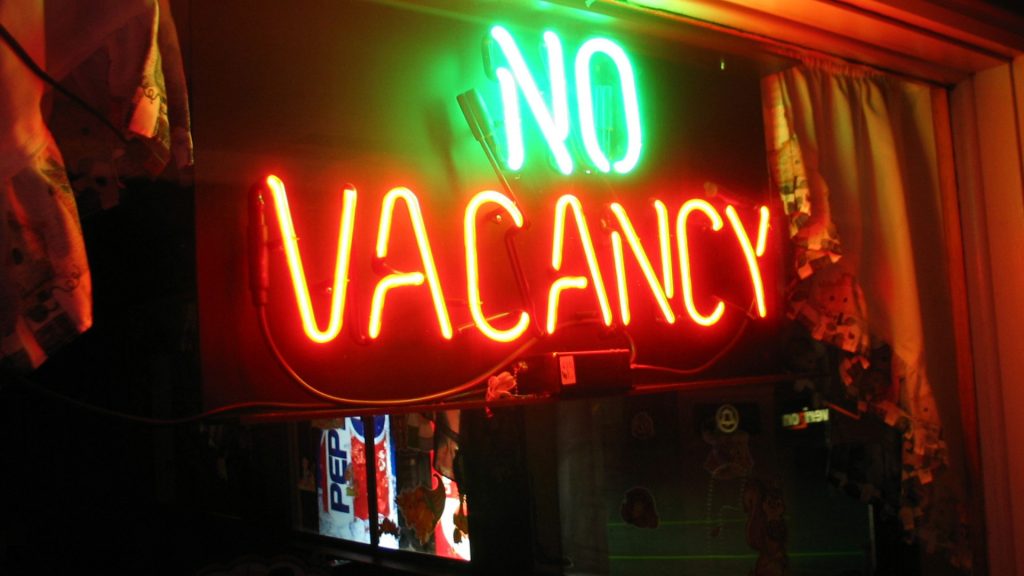
The demand for housing in the city is so great that construction companies can’t build new housing fast enough to satisfy it, which is bad news for property owners.
Unintended Consequences Always Arise
Rogan was aghast by the outcome of this legislation. He noted that the law’s original intent, to protect tenants, was necessary, but the fallout of allowing people to steal homes was unacceptable.
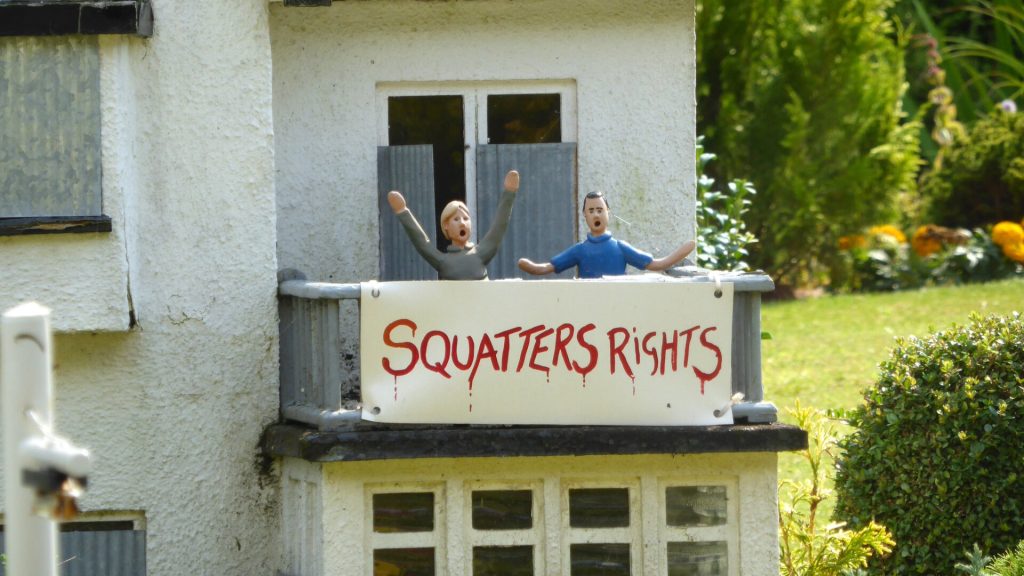
The financial burden on homeowners who wanted their property back was also massive. They would have to hire lawyers and pay for the legal action to reclaim what’s rightfully theirs.
Squatters Have Well-Researched Tactics
Rogan went on to share some of the tactics that a squatter would go through to ensure that he was as challenging to evict as possible.
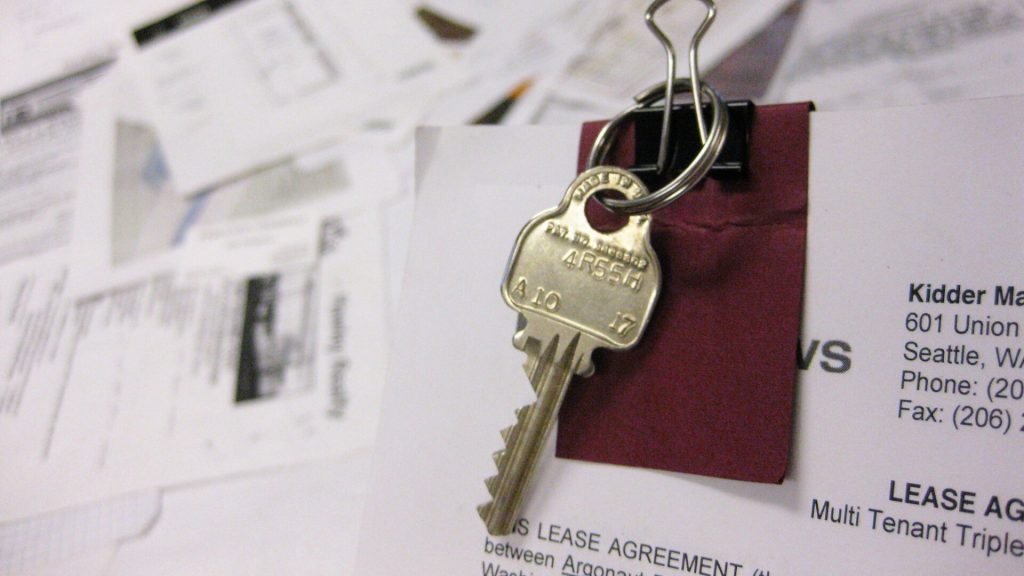
These tactics included getting fake utility bills and leases, which would establish occupancy in the property for an extended period. Many of these were far cheaper to get than legal action.
More Action Needed
Both Rogan and Fidance agreed that lawmakers needed to take more action to solve this problem. The easier it was for people to make this work, the more people would try it.
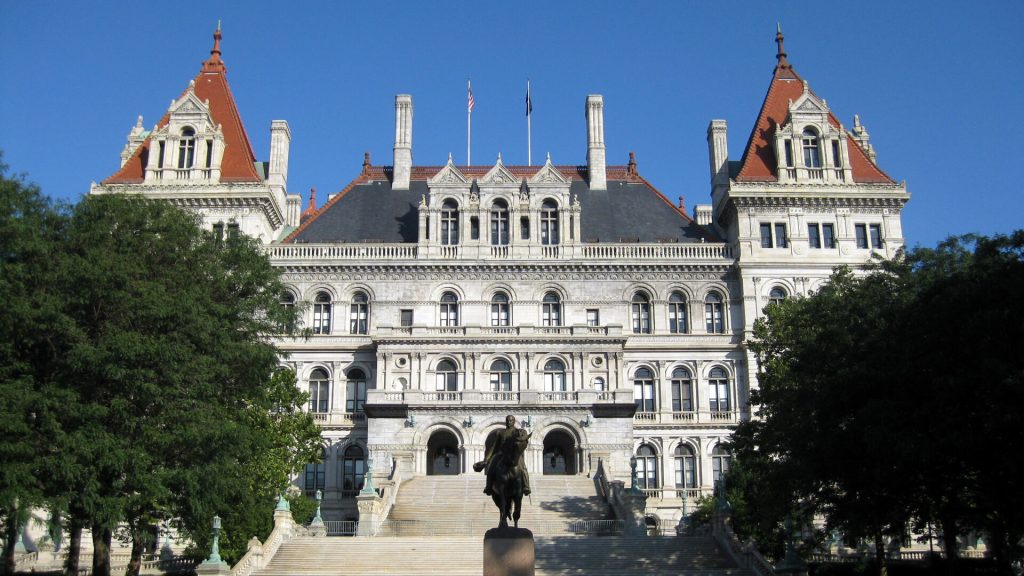
New York has many people, and most of those people rent apartments. Protecting tenants from abuse is important, but protecting people from those who want to steal their property is just as important.

